Municpal solid waste sorting plant to RDF (refuse derived fuel) Manufacturing plant
Refuse-derived fuel, known by the acronym RDF,
is the final product of a working process that,
starting from non-hazardous waste,
creates a product that can be used to generate clean and renewable energy.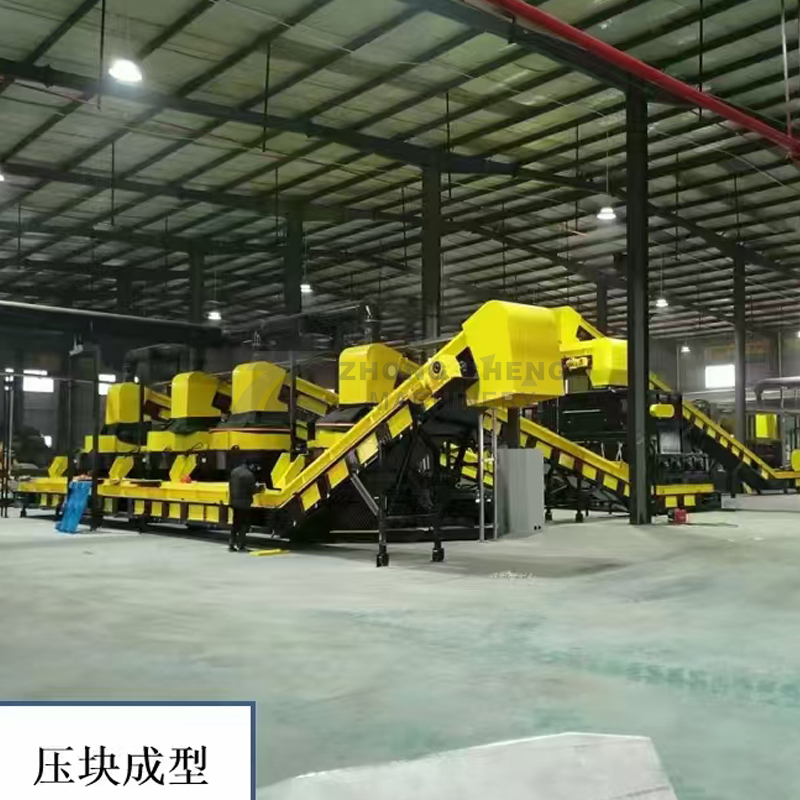
Once converted into RDF, the materials become a low-cost energy source that can be reused in various sectors.
Refuse-derived fuel is mainly composed of materials made from petroleum, such as plastics, rubber or other derivatives.
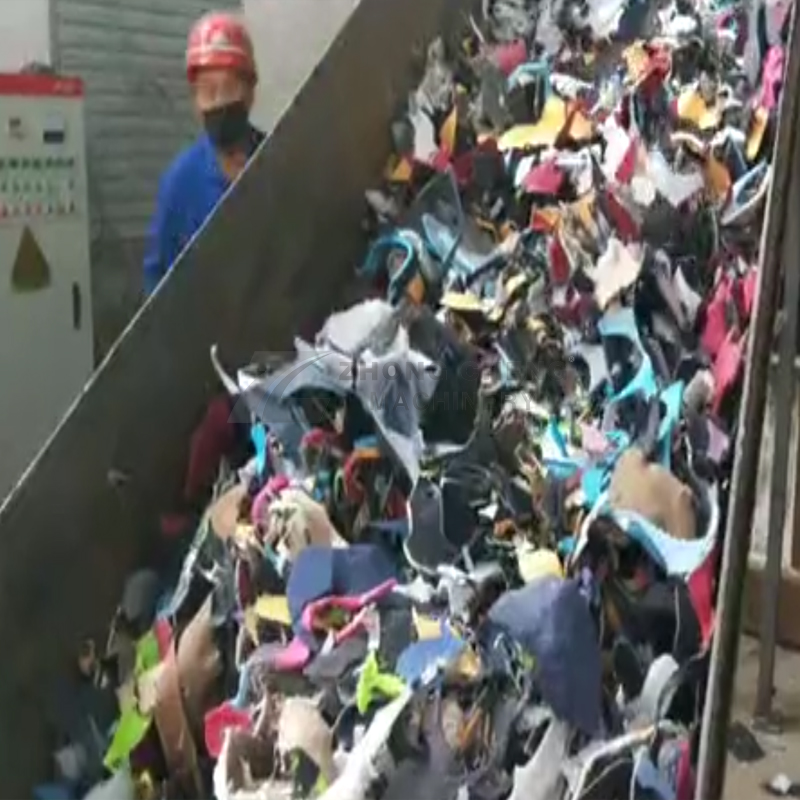
The RDF production process is obtained through the use of specialised plants and follows various stages:
crushing,
material separation,
pressing,
magnetic separation,
selection
and final shredding. 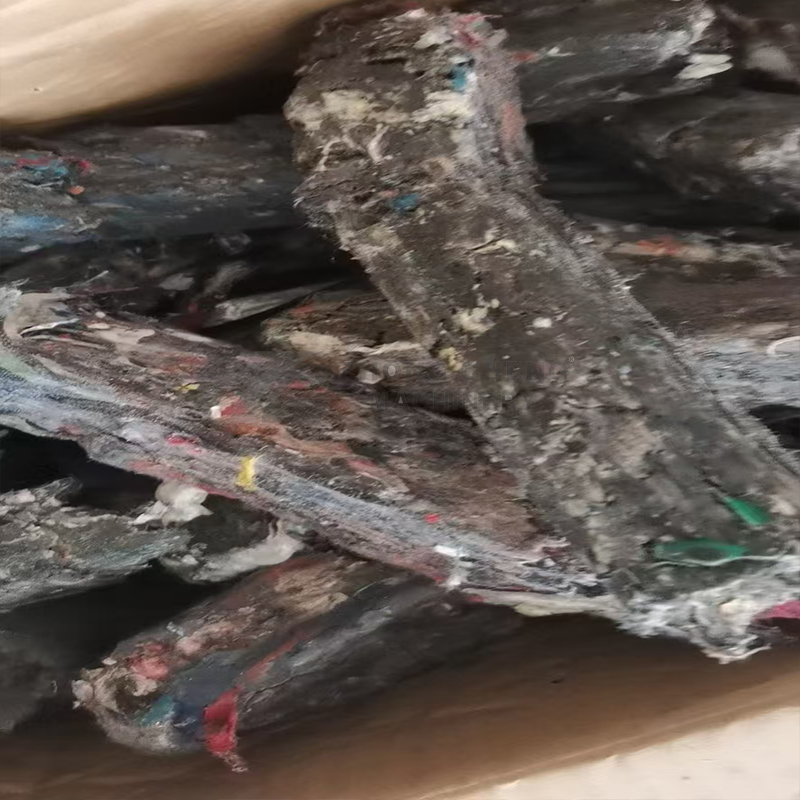
It is a very complex procedure that involves the removal of the organic parts and non-combustible materials from waste (aggregates), so as to create a product that can be easily used as fuel.
The fuel will then be transported to special facilities where the combustion process will convert the materials into heat and energy.
-
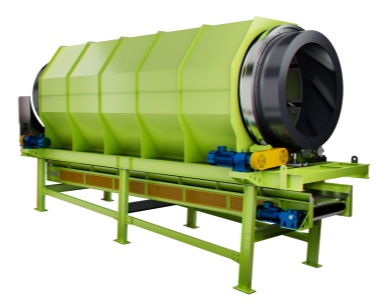 Trommel screenTrommel screen, also known as drum screens, are widely used in various industries for sorting and separating materials.Get Quote
Trommel screenTrommel screen, also known as drum screens, are widely used in various industries for sorting and separating materials.Get Quote -
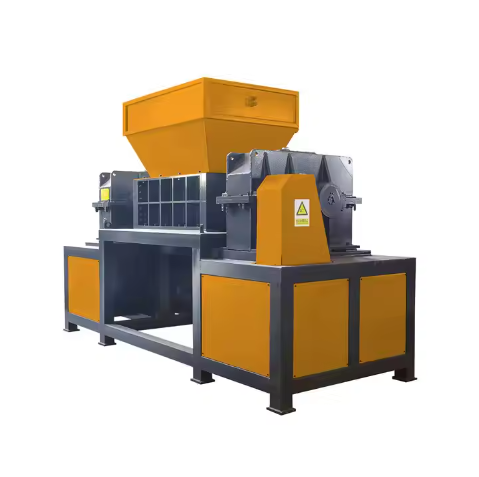 Crop straw double shaft shreddApplications:Biomass Energy Production: Shredded straw can be used as a feedstock for bioenergy plants to produce electricity or heat.Livestock Feed: Reduced-si...Get Quote
Crop straw double shaft shreddApplications:Biomass Energy Production: Shredded straw can be used as a feedstock for bioenergy plants to produce electricity or heat.Livestock Feed: Reduced-si...Get Quote -
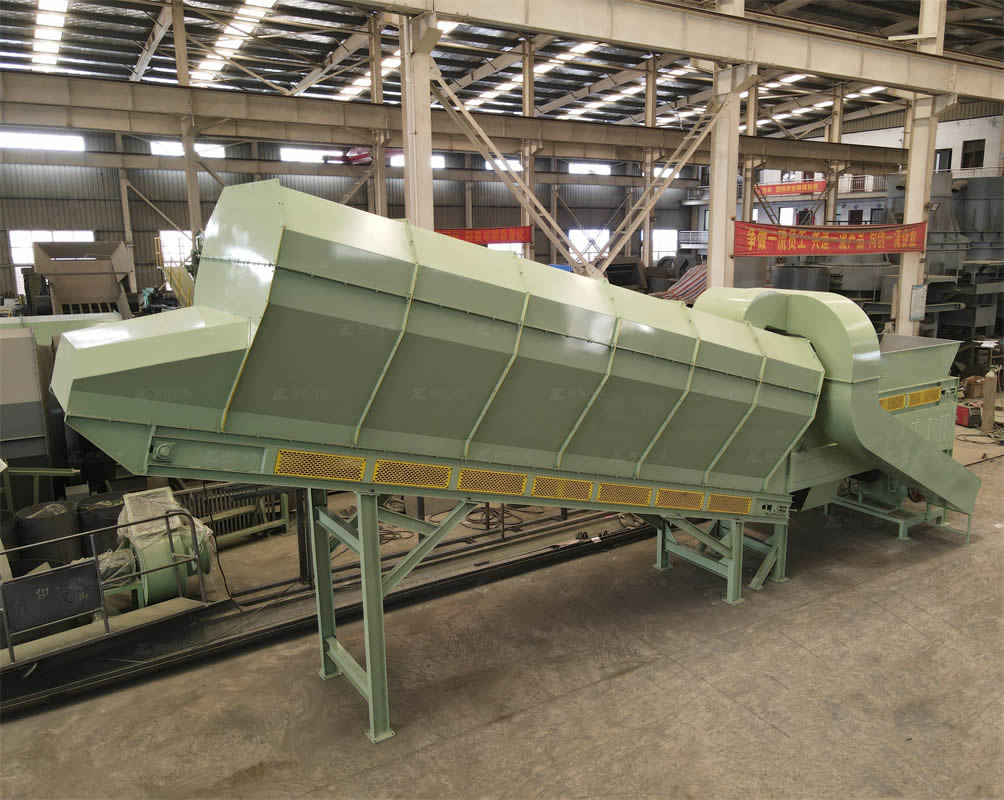 Zhongcheng Air Drum SeparatorAir drum separators effectively separate lightweight materials (e.g., plastics, paper) from heavier materials (e.g., metals, glass). This high efficiency is cru...Get Quote
Zhongcheng Air Drum SeparatorAir drum separators effectively separate lightweight materials (e.g., plastics, paper) from heavier materials (e.g., metals, glass). This high efficiency is cru...Get Quote
-
2025-03-03Mini Copper Wire GranulatorThe copper wire granulator machine is a device specially used to process waste wires and cables. Its main function is to separate the copper and plastic in the ...
-
2023-01-12Conveyor BeltGarbage conveyor/Trash conveyor belt system is a processing line to classify paper, plastic, metal, glass, and organic matter and realize the recycling of rubb...
-
2024-05-28Garbage screening drum screenTrommel screen is consisting of five parts: drum, frame, hopper, reducer and motor.After the material goes into the drum, it is screened along with the rotation...
-
2023-01-12Disc ScreenDisc screen, also known as a disc scalping screen, is a mechanical device used to separate materials based on size. It is commonly used in industries such as wa...
-
2025-04-21Compact Copper Cable Granulator MachineThe compact copper cable granulator machine is a device used to recycle waste wires and cables. It separates the copper wire from the plastic sheath by crushing...



